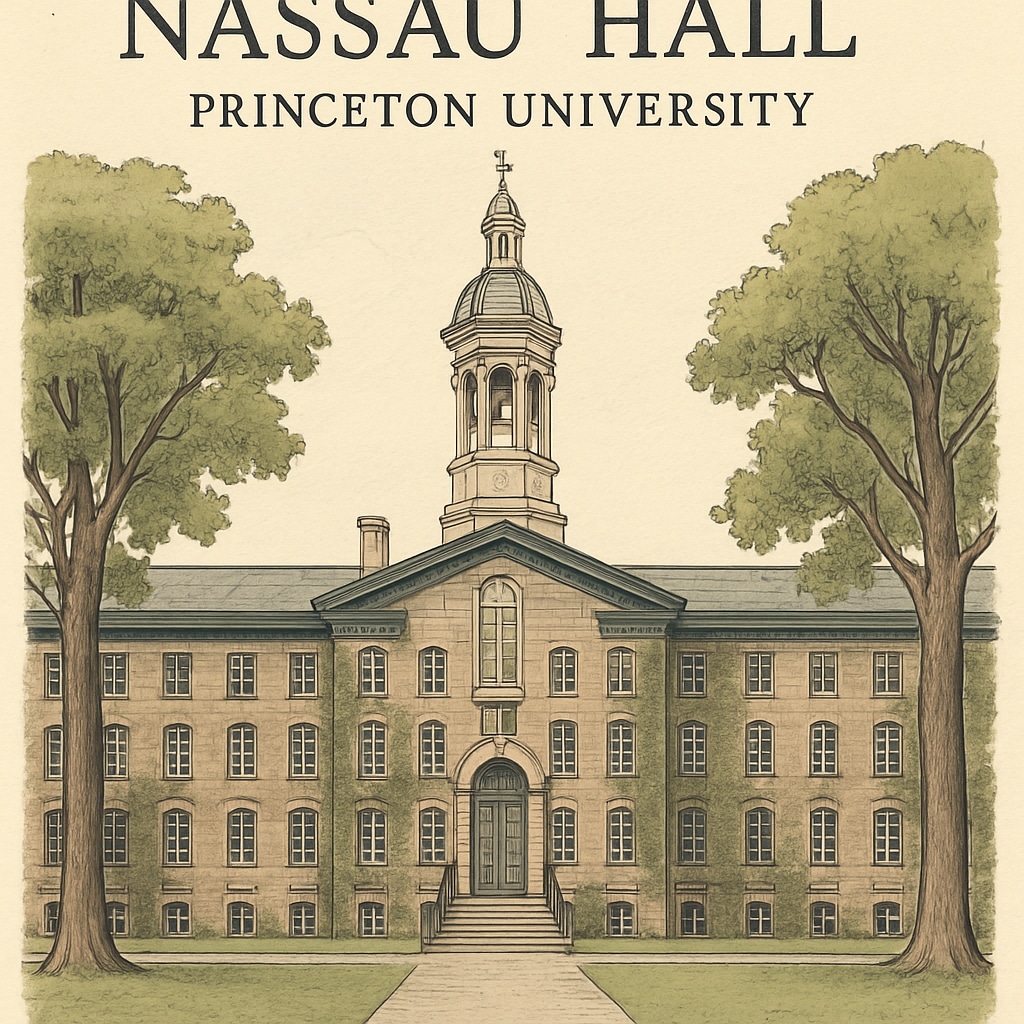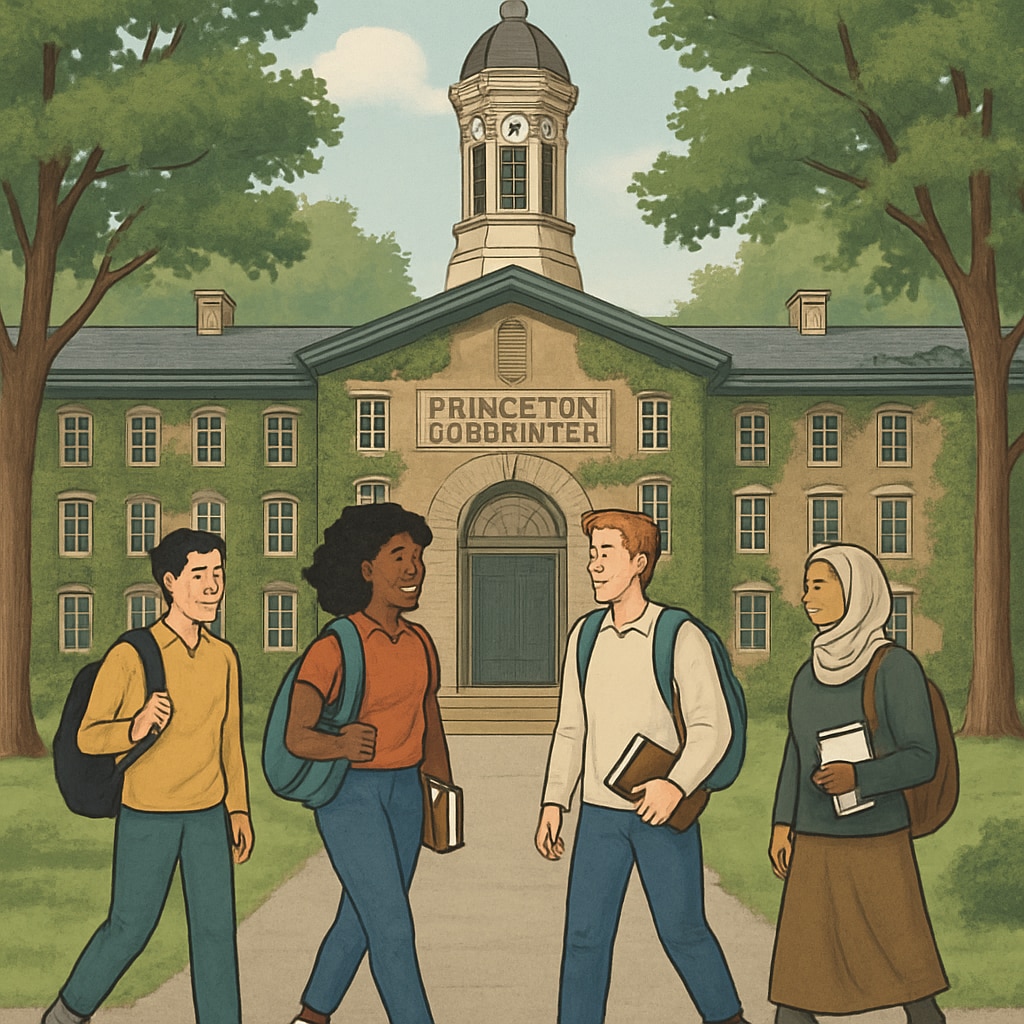The Ivy League, including the renowned Princeton University, has long been associated with unparalleled academic excellence and prestige. However, are these institutions truly as exceptional as their reputation suggests, or have they been overrated in the context of contemporary education? This article delves into the reality behind the Ivy League’s glowing reputation, exploring whether Princeton and its peer institutions genuinely deliver on their promises of educational superiority.
Understanding the Ivy League’s Prestige
The Ivy League comprises eight private universities in the United States, known for their rigorous admissions standards and historical significance. Princeton University, often ranked among the top in the league, epitomizes the exclusivity and influence of these schools. Yet, the prestige of the Ivy League is not solely a product of academic achievement—it is also deeply rooted in tradition, alumni networks, and societal perceptions.
For example, Princeton boasts an impressive list of graduates, including Nobel laureates, U.S. presidents, and leaders in various fields. These accomplishments contribute to the university’s reputation as a breeding ground for success. However, critics argue that this prestige may overshadow a more critical evaluation of what these institutions actually offer in terms of educational innovation and accessibility.

Are Ivy League Schools Overrated?
While the Ivy League undeniably provides excellent resources, small class sizes, and access to influential networks, some argue that its reputation is inflated. A significant critique stems from the idea that these schools prioritize exclusivity over inclusivity. With acceptance rates often below 10%, the Ivy League caters to a narrow demographic, raising questions about its role in promoting broader societal progress.
Moreover, studies suggest that the quality of education at Ivy League schools may not be substantially superior to that of other well-regarded universities. According to a 2017 report by the Brookings Institution, the financial returns of attending an Ivy League school diminish when compared to high-performing public universities. This finding challenges the assumption that the Ivy League provides a unique or irreplaceable educational advantage.
Additionally, the “halo effect” often associated with Ivy League institutions can lead to unwarranted deference. For example, employers may overvalue degrees from these schools, perpetuating a cycle where their prestige is reaffirmed regardless of actual performance or innovation. This dynamic raises concerns about the fairness of equating institutional reputation with individual merit.

Reevaluating the Value of Elite Education
To critically assess the Ivy League’s role in modern education, it is essential to consider its limitations alongside its strengths. For instance, while Princeton and its peers offer unparalleled networking opportunities, such benefits are often confined to those who are already well-positioned to succeed. This exclusivity can exacerbate societal inequalities rather than address them.
Furthermore, the emphasis on rankings and prestige may distract from other crucial aspects of education, such as fostering creativity, inclusivity, and global problem-solving skills. Non-Ivy institutions, including public universities and liberal arts colleges, often excel in these areas, challenging the notion that the Ivy League is the ultimate educational destination.
In light of these considerations, it is crucial for students, parents, and policymakers to adopt a more nuanced view of higher education. The value of a university lies not solely in its name but in the quality of its programs, its ability to inspire critical thinking, and its commitment to addressing societal challenges.
Conclusion: Beyond the Ivy League’s Glow
The question of whether Princeton and other Ivy League schools are overrated does not have a simple answer. While these institutions undeniably offer exceptional resources and opportunities, their reputation may sometimes overshadow the broader landscape of higher education. By critically examining both the strengths and limitations of the Ivy League, we can move toward a more equitable and comprehensive understanding of what constitutes true educational excellence.
Ultimately, the decision to pursue an Ivy League education should be based on individual goals and priorities, rather than an uncritical acceptance of their prestige. As society continues to evolve, so too must our perceptions of what makes an institution “elite.”
Readability guidance: This article uses accessible language, short paragraphs, and balanced transitions to ensure clarity. It highlights key debates surrounding the topic and provides evidence to support its claims.


